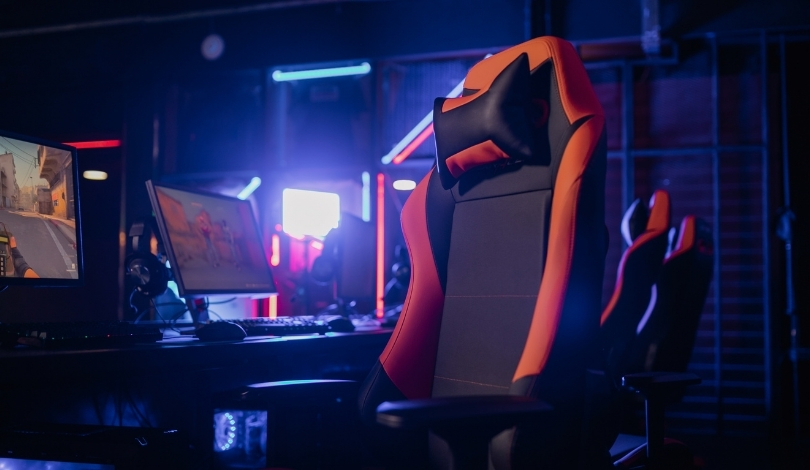The gaming industry continues to grapple with significant job reductions, as approximately 15,000 developers were laid off in 2024. This downturn follows last year’s record layoffs, underscoring persistent instability within both major and independent game studios. The ongoing financial strain has led to widespread impacts across various roles and geographical regions, signaling challenges that the sector must address.
Last year’s job cuts saw over 16,000 positions eliminated, indicating a slight improvement but still reflecting a troubling trend. The steady decline in employment suggests that recovery efforts are insufficient, with reductions extending beyond large companies to smaller indie developers grappling with their own financial hurdles.
Why Are Layoffs Persisting in the Gaming Industry?
Economic uncertainties and increased competition have forced many gaming companies to downsize their workforce. Major players like Microsoft have announced significant layoffs, including 1,900 jobs at Activision Blizzard, as part of broader cost-cutting measures. The shift away from ambitious live service projects has also contributed to the reduction in available positions.
How Are Indie Developers Affected?
Independent game developers are facing their own set of challenges, with a recent GDC survey indicating that one in ten indie developers were laid off in 2024. The survey, however, has been criticized for its overrepresentation of indie studios, leading some experts to question its accuracy.
“There is simply no planet where half of people gainfully employed in games are self-funding their own work. This simply isn’t true! It’s half of people who bother to fill out this survey!”
said Laine Nooney, an associate professor of media, culture, and communication.
What Roles Are Most Vulnerable?
Creative roles within the industry, particularly in narrative and visual arts, have been disproportionately affected by layoffs. Approximately 19% of those laid off were involved in narrative-driven roles, while 16% worked in visual arts departments. In contrast, positions in programming/engineering and game design experienced lower rates of job loss.
The sustained reduction in gaming jobs highlights the necessity for the industry to adapt and innovate. Emphasizing sustainable practices and diversifying revenue streams could help stabilize employment and support the diverse talent that drives game development forward.










